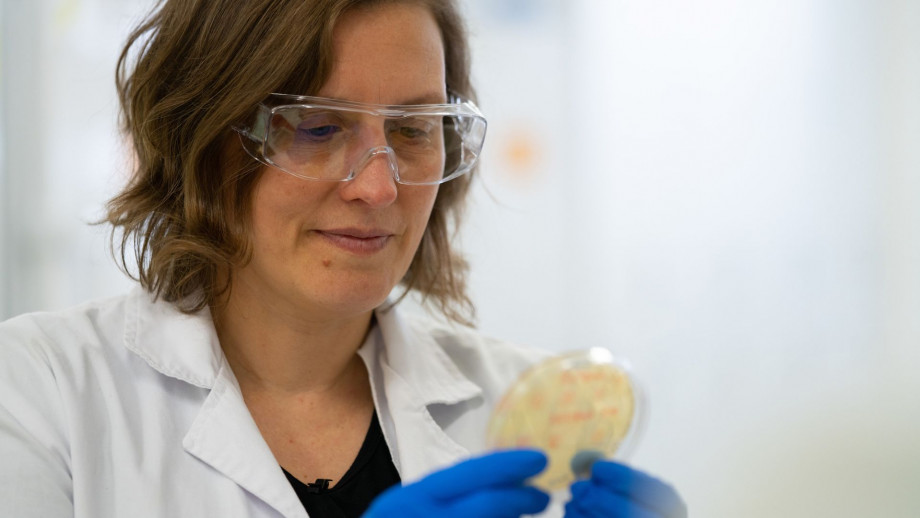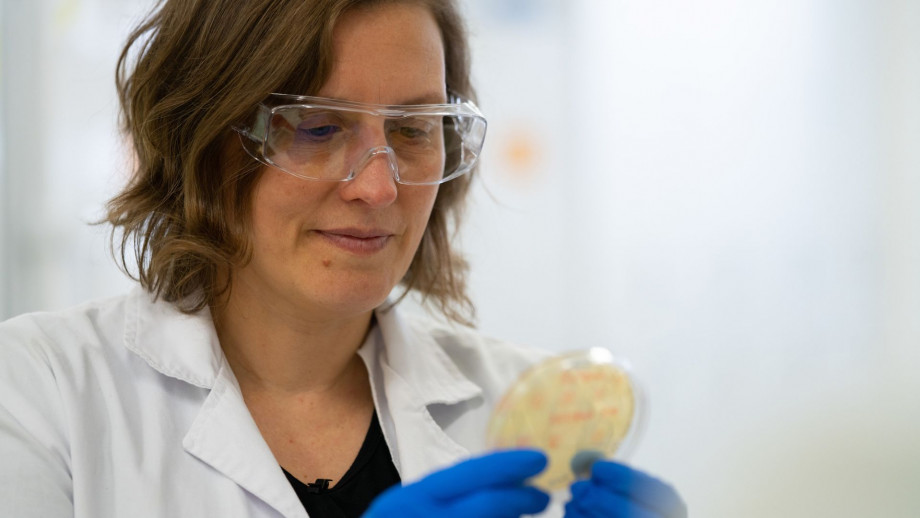Scientists to harvest valuable resources from wastewater


A team of researchers from The Australian National University (ANU) and CSIRO has been awarded more than $1 million to develop technology that harvests valuable resources from our wastewater.
The technology is inspired by breakthroughs in biological research, including mimicking how plants extract nutrients and adapt to toxic molecules in soil.
The project will address a growing need to secure reliable access to clean water and essential nutrients - including nitrogen, phosphorous and potassium - to sustain and grow Australia's agri-food sector in the face of climate change and geopolitical challenges.
Although Australia is a net exporter of food, we import more than 80 per cent of the fertilisers we use. The Ukraine-Russia war has led to a sharp increase in the price of fertiliser and exposed vulnerabilities in our global supply chains, putting pressure on Australian farmers to absorb the price increases.
ANU plant scientist Dr Caitlin Byrt said there was demand across a range of industries for this technology.
"The technology we are developing takes inspiration from the membrane separation mechanisms evolved in nature to achieve selective separation of valuable nutrients, elements and water from complex liquid wastes," Dr Byrt said.
"We will work with industry to test a prototype of our technology. If successful, the final product could have application across the agri-food sector, in industries including dairy, horticulture and food manufacturing."
CSIRO researcher Dr Cathryn O'Sullivan said the project was possible because of the collaboration of researchers from both institutions to create a multidisciplinary team.
"Circular technologies bring together waste producers, environmental managers and resource consumers, so they require a multidisciplinary approach," Dr O'Sullivan said.
"This project will bring together a team of plant biologists, waste treatment experts, chemists and membrane technologists, from ANU and CSIRO, to develop an innovation that will enable the production of circular fertilisers that are safe and economically viable."
The inaugural ANU-CSIRO Agri-Food Collaboration Program is a joint investment by Australia's national university and Australia's national science agency as part of a renewed push to combine their world-leading expertise and resources to solve some of the challenges facing the world today and into the future.
